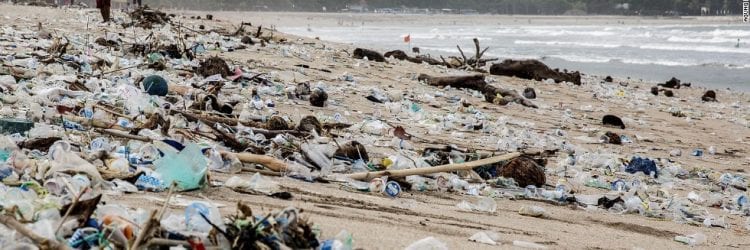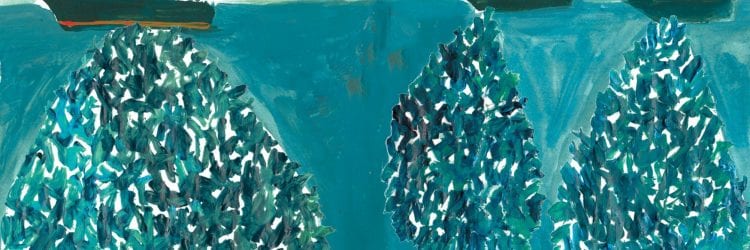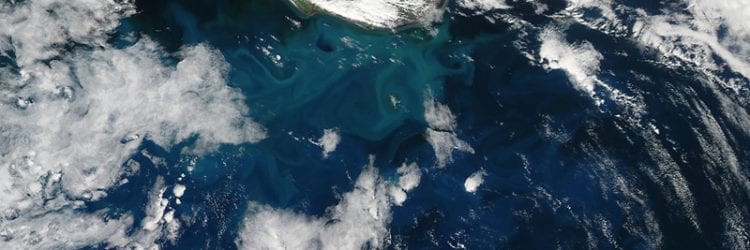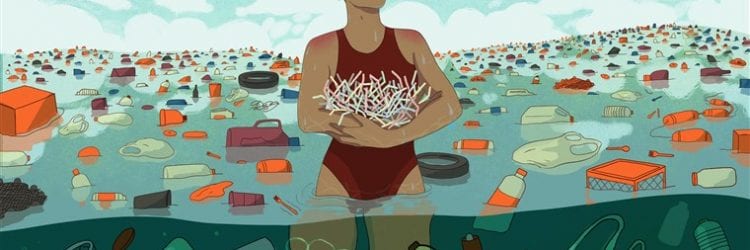After reading our many blog posts about how awful we all are for mindlessly letting our trash find its way to the ocean and into the bellies of marine life, you might be wondering what in the world you can do to help stop ocean pollution. Well, you came to the right place! Of course, with the millions of tonnes of trash that is in the ocean, it might seem hopeless. Don’t give up! Nothing will ever get better if we don’t try to do our part. So, here are a few things you can do to help….
Category Archives: Sustainability
Plenty of fish in the sea?
If there is one thing you may have learned from our previous blog posts it is that there is a lot of plastic in the ocean. Not only that but also all the negative practices that lead to all this plastic. Well in addition to plastic pollution, we would like to introduce another problem that is harming the ocean and its wildlife. It’s time to talk about overfishing.
Overfishing is essentially when fish are being caught (commercially and non-commercially) at a faster rate than they are breeding, leading to a depletion of these wildlife populations.
What are the causes?
Overfishing tends to happen due to the lack of regulation and oversight of the fishing industry. They are barely being monitored and when there are rules in place they are usually also overlooked and ignored. In addition to a lack of regulation, there is also a lot of unreported fishing. Lastly, fishing areas are very unprotected and only about 1.5% of the oceans have been declared protected areas making the rest of them vulnerable to these practices.
What are the effects?
According to the Food and Agriculture Organization of the United Nations the number of overfished stocks globally has tripled and one-third of the world’s assessed fisheries are currently pushed beyond their biological limits.
Not only is overfishing affecting the fish population but the practices used to catch these fishes are also a threat to other non-targeted marine animals and their ecosystem. They are also endangering huge populations of people who primarily rely on it. Which might then lead to a food crisis.
Other effects include (thanks to conserve-energy-future.com) :
- Threat to local food sources
- Unitented catches
- Poor coral reef health
- Removal of essential predators
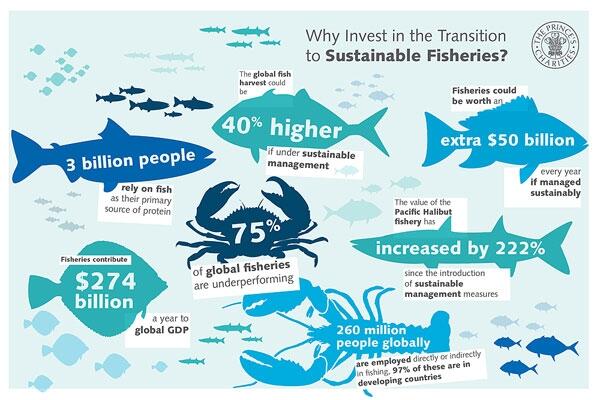
What are the solutions?
There definitely needs to be more cooperation from the government to set more regulations and have policies to protect the ocean and wildlife.This includes catch limits, careful marine planning, and a cracking down on illicit fishing. Developed countries should also continue to reinforce the ones in place. With that said, educating the public and retailers who are participating in this by purchasing endangered fish species. Instead they should purchase from sustainable fisheries and pressure those that are not to do so as well. Not only should retailers be educated but so should consumers. As a consumer you should be aware about what you are buying and avoid consuming endangered fish species.
Again, plastic pollution is not the only problem the ocean faces. We must be aware of other issues and overfishing is one of them.
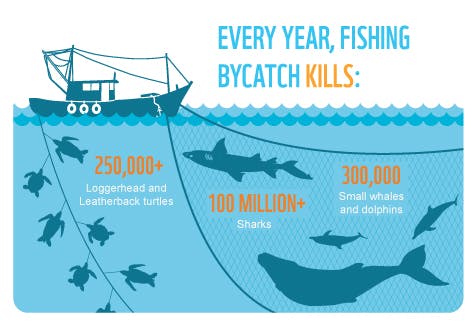
How Technology Is Helping Clean Our Oceans
Now that we have talked a lot about the extreme issue of pollution in our oceans, we want to discuss the positive ways that people are trying to help!
6 ways to Spring into Saving the Ocean!
The first day of spring is right around the corner, so what better way to start fresh than by implementing some easy sustainable habits into your routine! Not only will the following tips help you live a more sustainable lifestyle but it will also be helping lower you pollution impact on the ocean and its wildlife!
~
1. Go paperless!
Try minimizing your paper consumption by getting your receipts emailed or texted whenever possible. Instead of getting letters or statements mailed opt for online billing. If you’re a student buying/renting ebooks and take notes on a tablet or laptop will also help minimize paper use.
2. Participate in a clean up!
With earth day coming up within the next few weeks, there will be a lot of volunteer opportunities for beach, river, neighborhood, and park clean ups.You will be helping clean our environment while simultaneously meeting new people who care about mother nature just as much as you do! There are plenty of organizations across the country that promote these events and if you’re an Austinite make sure to check out our March and April events calendar coming soon.

3. Eliminate plastic water bottles,
plastic bags, and plastic packaging!
When ever you go grocery shopping make sure to take reusable bags, there are so many different options now that there is one bound to fit your style! At the same time you are using your reusable bag to shop, stop buying plastic water bottles and get a reusable one, there are also tons of affordable options out there! Last tip when you are grocery shopping is to avoid pointless plastic packaging as seen below.

4. Avoid Micro-beads!
Products that commonly have micro-beads include face washes, body scrubs, and toothpaste. They are a large contributor to the pollution in the ocean and harm wildlife. To avoid them look for specific ingredients like “polyethylene” and “polypropylene”.

5. No disposable straws or utensils!
Keep in mind that only 9% of the world’s plastic is recycled. In light of this people have started buying their own metal straws and silverware that they can take with them to avoid using disposable ones. If that isn’t an option for you, try using reusable cutlery and compostable straws whenever they are made available.
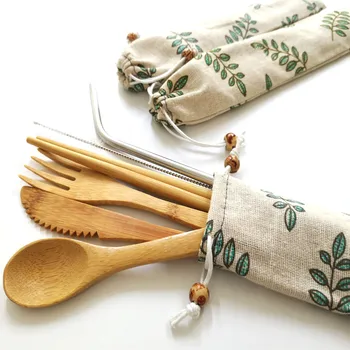
6. Exercise your right to vote!
Real change also happens as a direct result of those we elect into office. This is why we should vote for those who promote progressive ocean and environmental policies. You should also contact your representatives with any concerns you may have in regards to these issues.
~
I hope you found at least a few of these tips helpful, you may already be doing these things but if not you should try picking one or two to start with and gradually begin adding more as the season progresses. Like we’ve mentioned before even the biggest of waves begin with a few ripples, what will you do to help the oceans and make a change?
Should We Only Be Worried About The Straws?
Recently, straws have been a hot topic regarding ocean pollution. People have crusaded Continue reading
